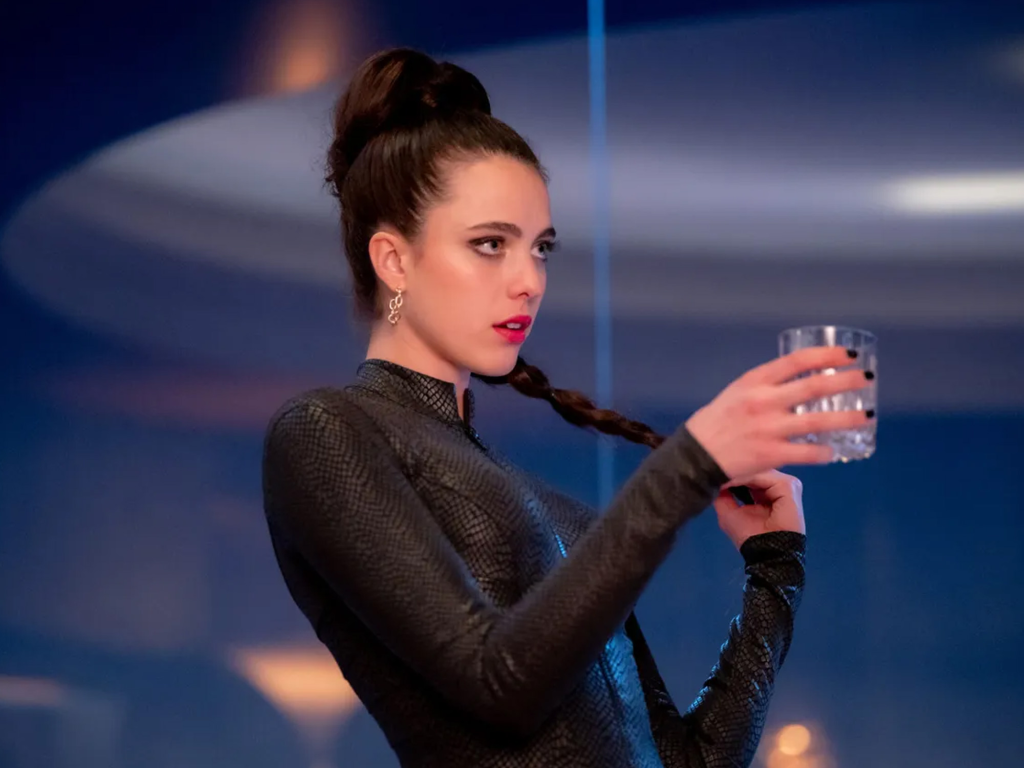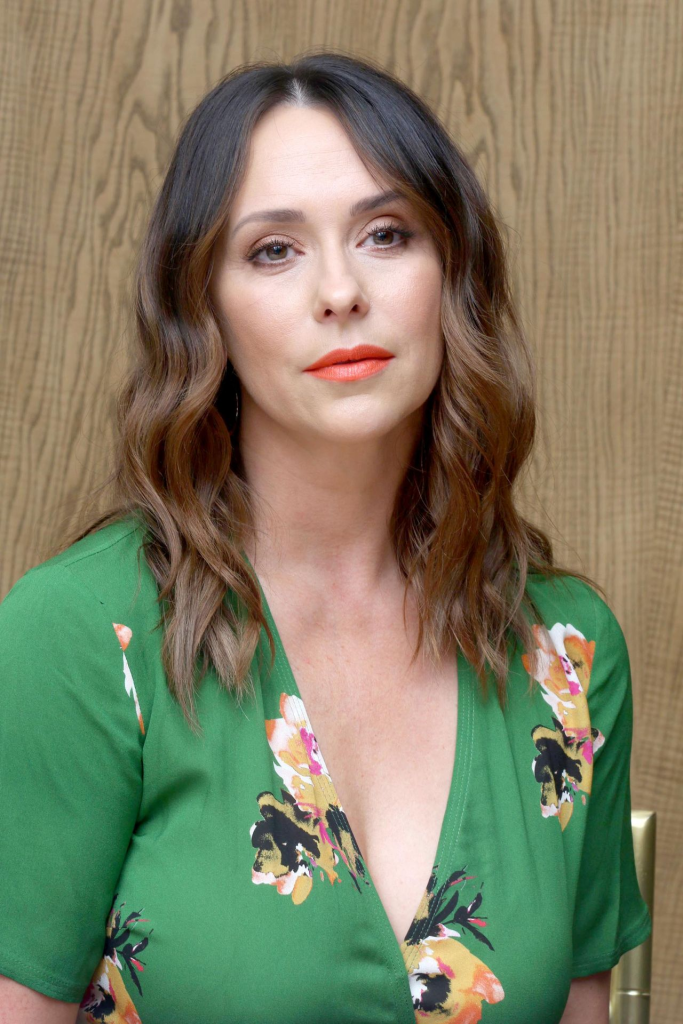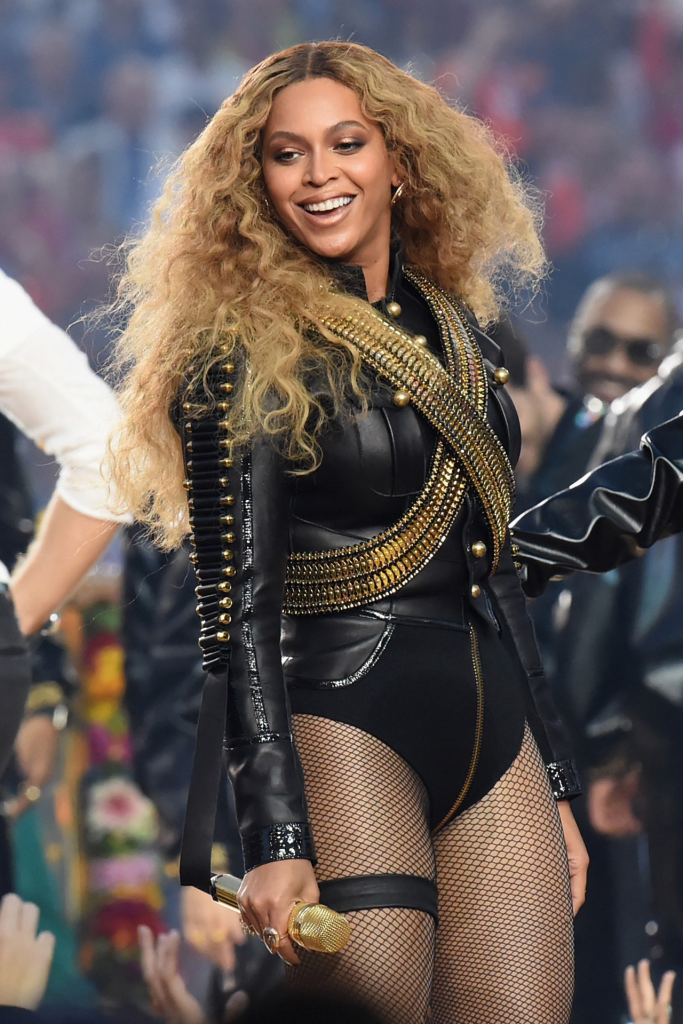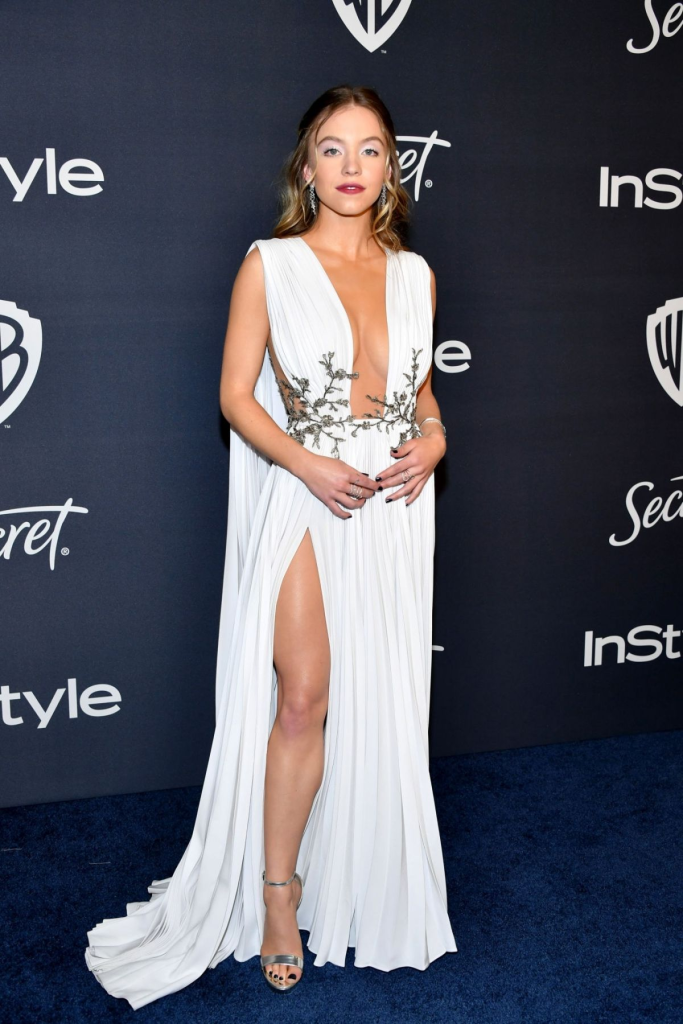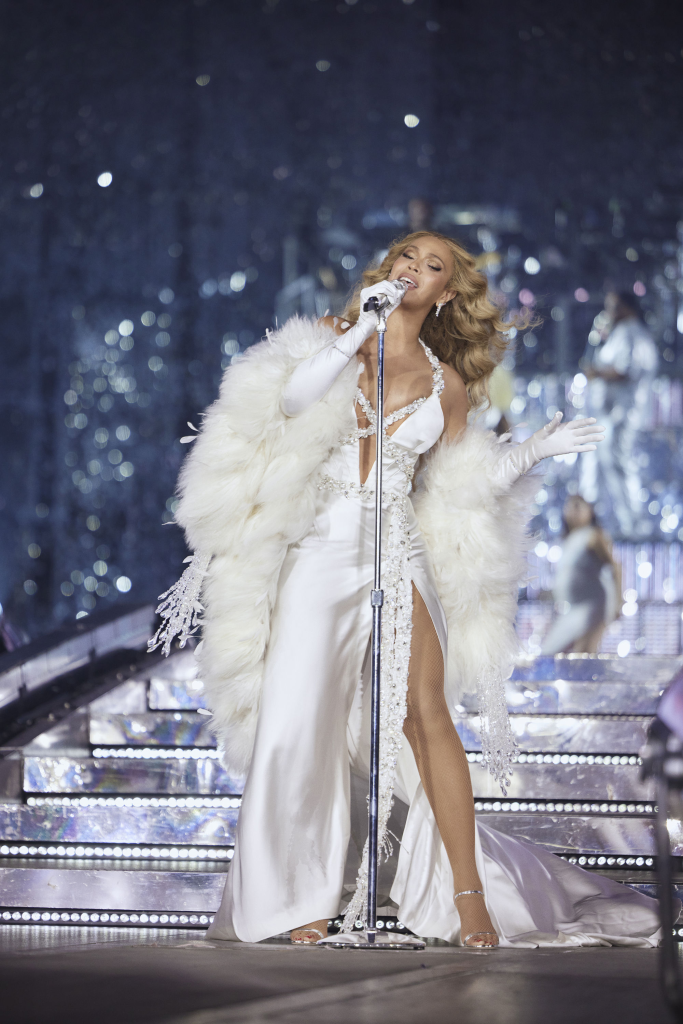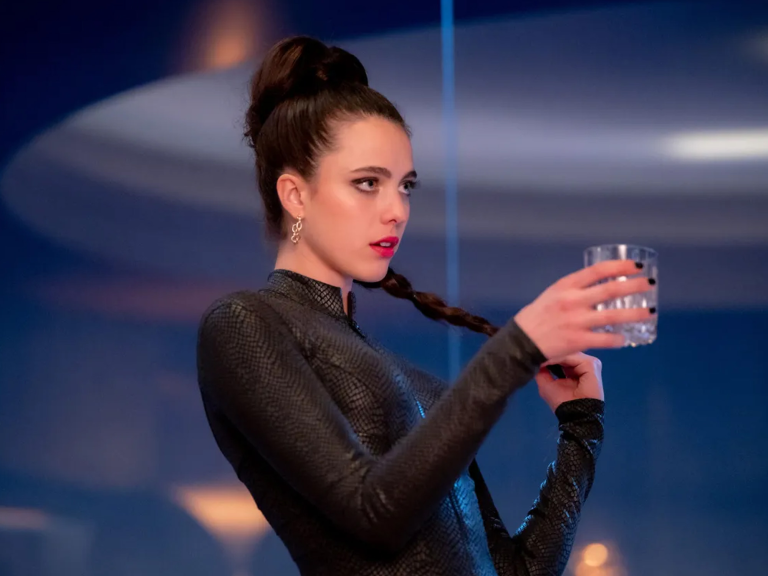When Billie Eilish won Record of the Year at the Grammys this past March, she spent almost her entire acceptance speech giving the award to Megan Thee Stallion instead. “You deserve this,” she said, directing her words to a masked Stallion in the audience. “You had a year that I think is untoppable. You are a queen. I want to cry thinking about how much I love you.”
While Eilish had already racked up seven Grammys in just two years, she didn’t seem to mind letting one more slip by. It was a reflection of the surprising, almost paradoxical nature of her career: the international pop star who’s also a massive fangirl, the teenage millionaire who still lives at home, and the green-haired icon whose glitchy bedroom pop resonates with both outcasts and mainstream audiences looking for the next viral TikTok hit.
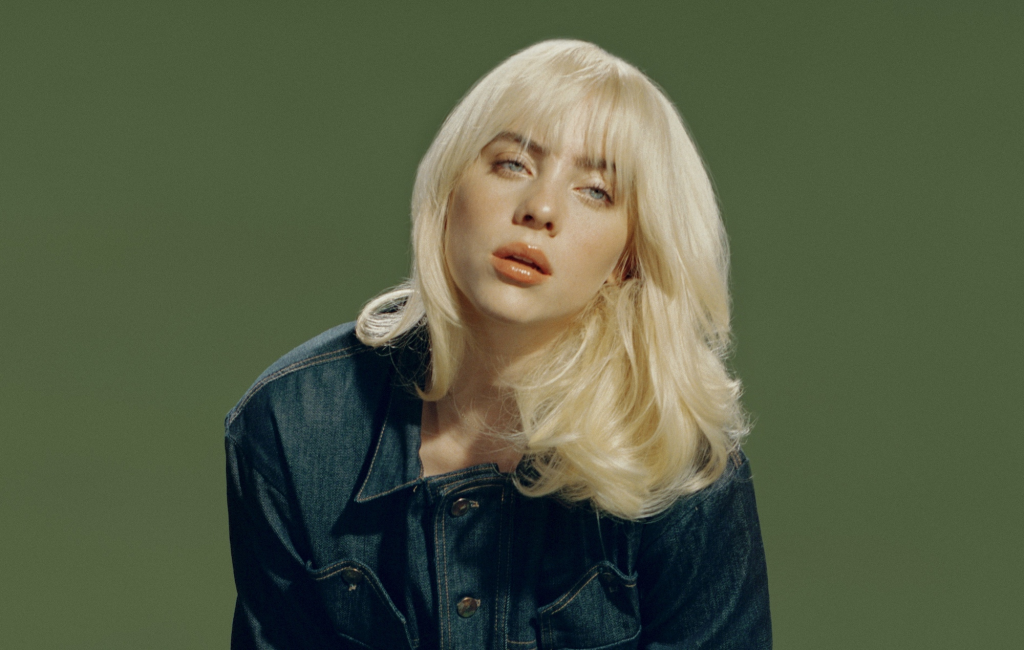
Since then, she’s gone blonde, with her signature green ombré replaced by a platinum shag that’s more movie star than moody teen. She also made headlines by gracing the cover of British Vogue, shedding her oversized clothes for a more glamorous, bombshell look—again playing with the image of pop stardom, just having fun with fashion and identity in ways that any 19-year-old might.
But Billie Eilish isn’t just any 19-year-old, and that tension between expectations and self-expression is central to her sophomore album, Happier Than Ever. On the haunting track “Not My Responsibility,” she sings, “Do you know me, really know me? You have opinions about my opinions, about my music, about my clothes, about my body… I feel you watching, always, and nothing I do goes unseen.”

It’s clear that Eilish, who created her 2019 debut When We All Fall Asleep, Where Do We Go? in her childhood bedroom with her brother Finneas, has evolved. After two years and 14 billion streams, the Eilish of Happier Than Ever is reflective, aware of the weight of fame, and grappling with her place in it. On the opener, “Getting Older,” she reflects on the emptiness of fame: “Things I once enjoyed just keep me employed now. Things I’m longing for, someday I’ll be bored of.”
In the cool, syncopated “NDA,” she details the lengths she goes to protect herself from stalkers, including buying a secret house when she turned 17: “Haven’t had a party since I got the keys.”
But Happier Than Ever isn’t just about fame’s highs and lows—it also touches on more personal struggles, including the toxic dynamics of a past relationship. On “Your Power,” Eilish uses a gentle, campfire-like melody to call out an older lover who preyed on her age and manipulated her emotionally. By the time we reach “Lost Cause,” she’s found the strength to move on, recognizing the pain of loving someone who couldn’t care less, while also finally letting go.
Musically, Happier Than Ever maintains the intimate, homegrown feel of her debut, with Finneas continuing to produce the album. It exists in a space between moody pop and organic, acoustic textures. The beats are subdued—mostly subtle electronic layers and soft acoustic guitar—never quite reaching the dance-floor energy of her past hits like “Bad Guy” or “Bury a Friend.”
Instead, the album focuses on showcasing Billie’s voice—a smoky, emotional instrument that shifts from vulnerability to confidence, from a jazz-inflected bossa nova to poetic Gen Z confessions. The title track, a long, unapologetic farewell to an ex, begins with just a sparse acoustic strum. But by the end, it builds into a crashing, cathartic rock anthem—a perfect release for everything that’s come before, and a reminder that there are still many moments, and many muses, ahead in her young life.
In the end, Happier Than Ever is an album that captures the complexity of growing up in the public eye, dealing with fame, and navigating personal change. It’s a reflection of an artist who’s far beyond her years, yet still figuring out who she is and how she wants to be seen.



